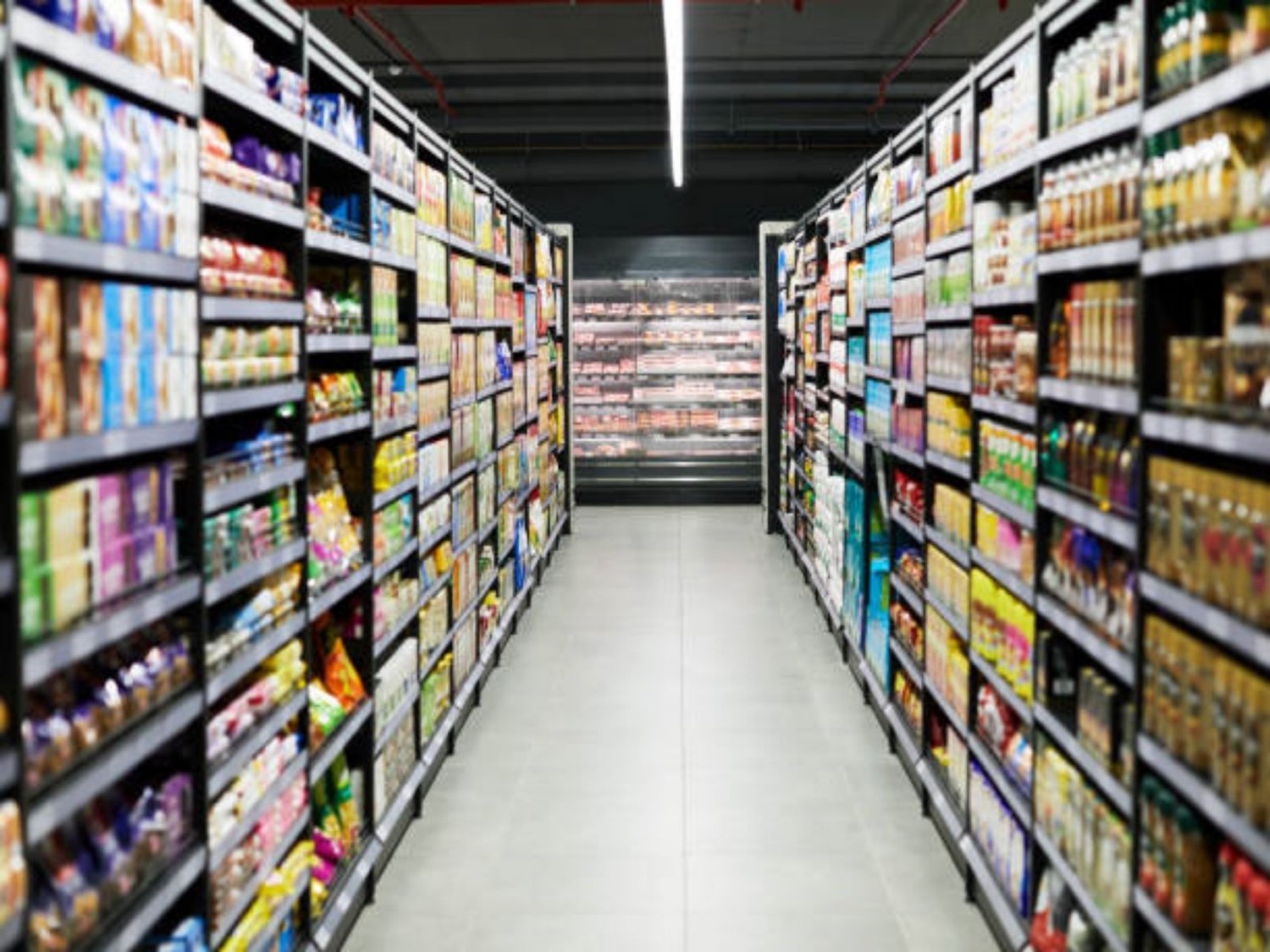Table of Contents

The Battle of Durability: Metal vs. Plastic Supermarket Shelves
Supermarkets are bustling with activity, and the shelving units that line their aisles bear the weight of countless products. When it comes to choosing the right material for these shelves, durability is a crucial factor to consider. In this article, we will delve into the comparison between metal and plastic supermarket shelves, exploring their respective strengths and weaknesses. By the end, you'll have a clearer understanding of which option is best suited for your supermarket's needs.
1. The Strength of Steel
Metal supermarket shelves, typically made from steel, have long been a staple in the industry. The durability of steel cannot be understated, as it can withstand heavy loads without bending or warping. This makes it an excellent choice for storing hefty items such as canned goods or large bottles. Metal shelves also have a higher weight capacity compared to their plastic counterparts, ensuring they can handle the demands of a busy supermarket environment.
2. Plastic's Resilience
While metal shelves may reign supreme in terms of sheer strength, plastic supermarket shelves offer their own unique advantages. One of the key benefits of plastic is its resilience to moisture and corrosion. Unlike metal, plastic is not prone to rusting, making it an ideal choice for areas with high humidity or where spills are common. Plastic shelves are also easier to clean and maintain, as they do not require special treatments or protective coatings.
3. Flexibility and Customization
When it comes to customization, plastic supermarket shelves take the lead. Plastic can be molded into a wide variety of shapes and sizes, allowing for more flexibility in shelf design. This is particularly useful when trying to optimize space or create unique displays. Metal shelves, on the other hand, tend to have more standardized designs and may offer limited customization options.
4. Aesthetics and Visual Appeal
Visual appeal is an important aspect of any supermarket, as it can influence customer perception and buying behavior. Metal supermarket shelves often exude a sleek and modern look, adding a touch of sophistication to the store's overall aesthetic. Plastic shelves, while they may not have the same sleekness, can come in a range of vibrant colors that can be used to enhance the visual appeal of certain product displays or store sections.
5. Longevity and Maintenance
When it comes to longevity, metal shelves have the upper hand. Steel is a highly durable material that can withstand the test of time, making it a long-term investment for supermarkets. While plastic shelves offer their own durability, they may not have the same lifespan as their metal counterparts. Additionally, metal shelves require minimal maintenance, whereas plastic shelves may need occasional repairs or replacements due to wear and tear.
6. Cost Considerations
Cost is a crucial factor for any business, and supermarket owners must carefully evaluate their budget when choosing shelves. Metal supermarket shelves tend to be more expensive upfront due to the higher cost of materials and manufacturing. However, their durability and longevity can offset this initial investment in the long run. Plastic shelves, on the other hand, are generally more affordable but may require more frequent replacements.
7. Environmental Impact
As sustainability becomes an increasingly important consideration for businesses, the environmental impact of different materials cannot be overlooked. Metal supermarket shelves, particularly those made from recycled steel, have a smaller carbon footprint compared to plastic shelves. Steel is a highly recyclable material, making it a more eco-friendly choice. Plastic, on the other hand, is derived from fossil fuels and can take hundreds of years to decompose.
8. Fire Safety
In terms of fire safety, metal supermarket shelves have the advantage. Steel is non-combustible, meaning it does not contribute to the spread of fire. This can be crucial in safeguarding the supermarket and its contents in the event of a fire. Plastic shelves, while not highly flammable, can melt or release toxic fumes when exposed to high temperatures, potentially exacerbating the situation.
9. Noise and Vibration
Supermarkets can be noisy places, and the choice of shelving material can impact the overall noise level. Metal shelves tend to be more prone to producing noise and vibrations when items are placed or moved on them. Plastic shelves, on the other hand, have a higher level of dampening, reducing noise and vibrations. This can create a quieter and more pleasant shopping experience for customers.
10. The Final Verdict
When comparing the durability of metal vs. plastic supermarket shelves, it is essential to consider the specific needs of your store. Metal shelves excel in terms of strength, longevity, and fire safety, making them a suitable choice for heavy-duty applications. Plastic shelves, on the other hand, offer resilience to moisture, customization options, and a more affordable upfront cost. Ultimately, the decision between metal and plastic shelves should be based on a careful evaluation of your supermarket's requirements and priorities.
